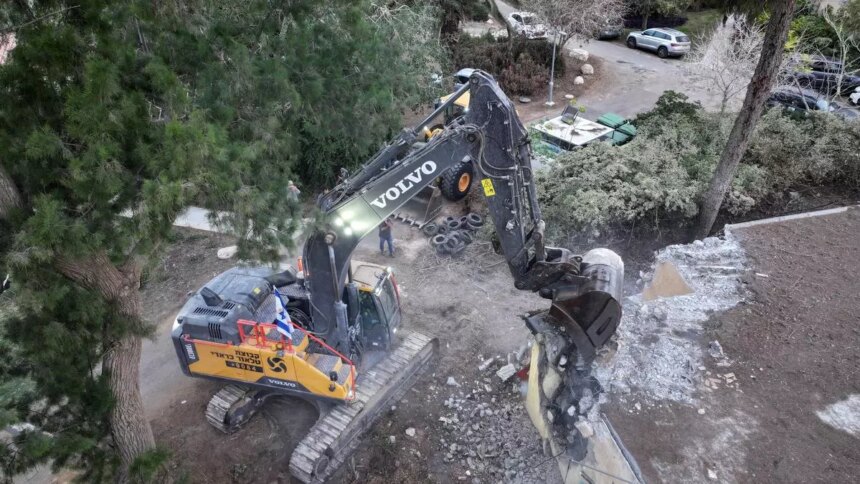Uttar Pradesh, Bihar, Maharashtra, Tamil Nadu, Gujarat, and Andhra Pradesh currently have the highest number of large-scale infrastructure projects—each costing ₹150 crore or more—that are experiencing budget overruns, as reported to the Rajya Sabha on Monday.
As of November 2024, 1,747 projects are under monitoring, and approximately 25 percent of these (438 projects) are facing increases in their original budgets. Notably, 39 percent of these problematic projects are concentrated in the six states mentioned: Uttar Pradesh has 41 projects, Bihar has 36, Maharashtra has 34, Tamil Nadu has 33, Gujarat has 27, and Andhra Pradesh has 26. The cost overruns for these projects range from 110 to 25 percent. For instance, Maharashtra has 34 projects originally valued at ₹87,000 crore that are now facing an average cost overrun of 45 percent, while Andhra Pradesh’s 26 projects are experiencing a 110 percent increase, raising their total cost to ₹57,800 crore.
The Ministry of Statistics and Programme Implementation is responsible for overseeing ongoing Central Sector Infrastructure Projects with costs of ₹150 crore or more. This monitoring is conducted based on data provided by the line ministries and project implementing agencies through their Online Computerised Monitoring System (OCMS), as detailed in the written response to the Upper House.
Significant cost overruns have predominantly been observed in states located in the North and Northeast regions. For example, a railway project in Manipur, initially costing ₹4,400 crore, is now projected to cost ₹19,500 crore after experiencing a staggering 338 percent budget overrun. Additionally, nine projects in Jammu and Kashmir, seven in Sikkim, and three in Arunachal Pradesh are facing cost overruns of 320 percent, 224 percent, and 201 percent, respectively.
The government has outlined various monitoring measures to mitigate cost overruns for these infrastructure projects. These include periodic reviews via video conferencing led by the Prime Minister under the PRAGATI initiative, thorough project appraisals, enhanced monitoring through the OCMS, the establishment of Revised Cost Committees in ministries to identify accountability for delays and financial excesses, regular evaluations by relevant administrative ministries, and the formation of Central Sector Projects Coordination Committees at the state level, chaired by Chief Secretaries, to address bottlenecks and ensure the swift execution of key initiatives.










